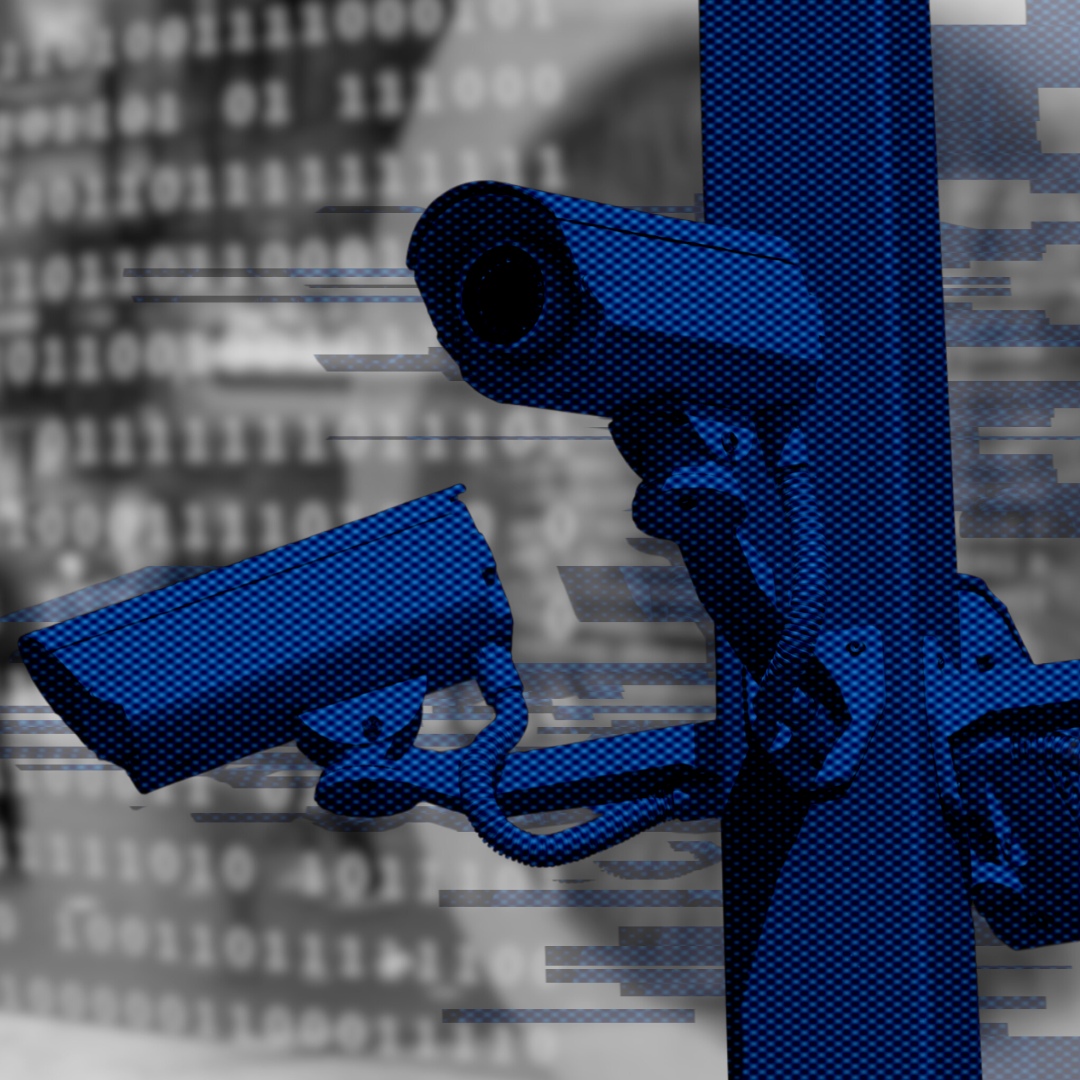Protecting New Mexicans' Privacy from Mass Surveillance
- Status: Failed
- Position: Support
- Bill Number: SB 71
- Session: 2025
- Latest Update: January 21, 2025

Stay Informed
Sign up to be the first to hear about how to take action.
By completing this form, I agree to receive occasional emails per the terms of the ACLU’s privacy statement.
By completing this form, I agree to receive occasional emails per the terms of the ACLU’s privacy statement.
